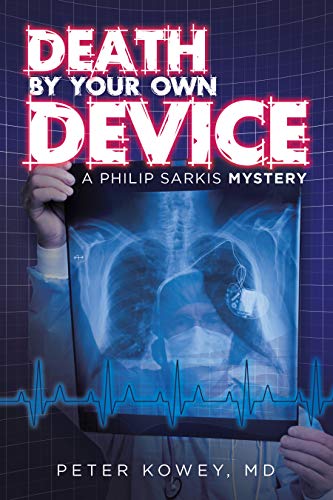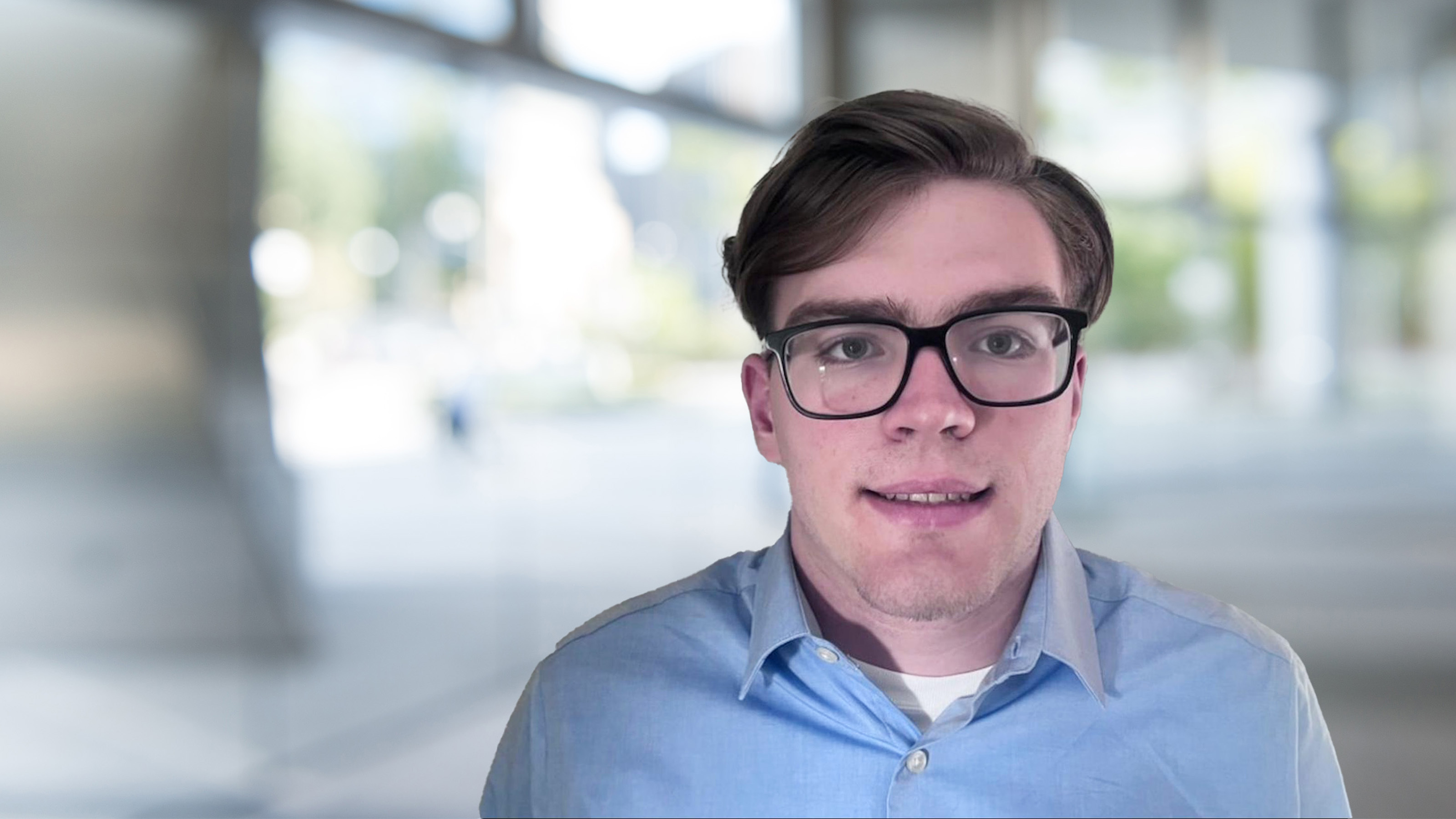Cardiologist Draws on Real Life, SJU Education for Mystery Series
Dr. Peter Kowey '71 talks about how his time at Saint Joseph’s sparked an interest in writing and how his career in medicine has dovetailed with his work as a novelist.


Saint Joseph's Trustee Dr. Peter R. Kowey, FACC, FHRS, FAHA '71 is the William Wikoff Smith Chair in cardiovascular research at the Lankenau Institute for Medical Research and a professor of medicine and clinical pharmacology at the Sidney Kimmel Medical College at Thomas Jefferson University. But he’s also a published author of a five-book series of medical mystery novels, the most recent of which, Death by Your Own Device, came out earlier this year. We talked with him about how his time at Saint Joseph’s sparked an interest in writing and how his work as a novelist dovetails with his career in medicine.
An edited transcript of the conversation follows.
How did you get started writing novels?
Dr. Peter Kowey: About 12 years ago, I was upset about the way medical malpractice was being handled in the United States, especially in Philadelphia. I had occasionally defended doctors in lawsuits as an expert witness and I saw the terrible toll it was taking on doctors. My wife got tired of me complaining about the injustice of the system, and said: “You’ve always wanted to write creatively. Why don’t you use this as a topic?” That’s how I got started.
My first book started as kind of a rant about the malpractice system; the first drafts were just awful. I wanted to take a serious approach to it so I took a few night courses at Penn and spent a lot of time editing and honing that first book.
What inspires your books?
Kowey: Every book is based on a real case. Sometimes I get cases to review for malpractice or remarkable things happen in my clinical practice. They’re all based on real events that I fictionalize, make up new characters and turn them into murder plots.
Describe your writing process – do you write every day?
Kowey: Unfortunately, I can’t write every day because I have a day job. I write episodically, usually on weekends or when I’m on vacation or sometimes when I can put aside a little bit of time during the week. I like to write very early in the morning when I feel like I have some creative energy. Usually by about 8 or 9 a.m. I feel used up creatively and it’s hard to come up with new ideas.
Who are some of the writers that inspire you?
Kowey: Michael Connelly. I’ve met him and worked in a couple of author venues that he attended. I have a lot of his books signed. I really admire his style and the development of a single protagonist for a series of stories. He’s one of my favorites. I’m also a big John Grisham fan. I’ve read everything he’s written. His early stuff was just spectacular. I’ve become even more of a Grisham fan since I’ve been writing, and I’ve taken up a lot of his style in terms of storytelling and laying clues throughout the book and leaving the end a little bit up in the air. Reading other authors is a very important learning experience.
How has your writing inspired or impacted your day job?
Kowey: Doctors use their left brain all the time; my wife calls my creative writing my right-brain exercise. All of us have a creative bent; it’s just a question of how you express it. I’m not artistic. I played music when I was a kid but I wasn’t very good at it, so writing is a way I can be creative and it really helps my overall attitude about life and my patients and family.
… The other thing I’ve noticed is that my medical writing has become a whole lot better. I have written about 400-500 journal articles and several textbooks and when you read what I’ve been writing in the last 10 years compared to what I wrote 20 or 30 years ago, there’s a big improvement … it’s had a big impact on that part of my professional life.
You recently co-hosted an Unlimited Learning webinar about the rise in telehealth due to the COVID-19 pandemic – what has it been like to shift to seeing patients virtually?
Kowey: There’s a big difference in the way we’re approaching patients. We don’t have a chance to see them; some of them are doing video conferencing so we can see them but we can’t examine them or do testing. We’re trying very hard to keep people healthy while also keeping them out of the hospital, out of the emergency department. It’s very stressful to be making decisions because generally we make them based on more data.
How did your experience and St. Joe’s inspire your passion for writing and your career path more generally?
Kowey: St. Joe’s was extraordinarily important for me, and not just because of the science [classes], but because of the English courses, philosophy, theology, ethics. During my last year at Saint Joseph’s, I deliberately took a number of non-science courses like economics and political science because I knew I was never going to have the chance to do that again. What they say about the Ignatian principle and the value of a Jesuit education is absolutely true; Jesuits drill into students how to think, how to analyze, how to be skeptical, how to question things, how to write and how to read -- basic skills that are not a given in today’s college education.



